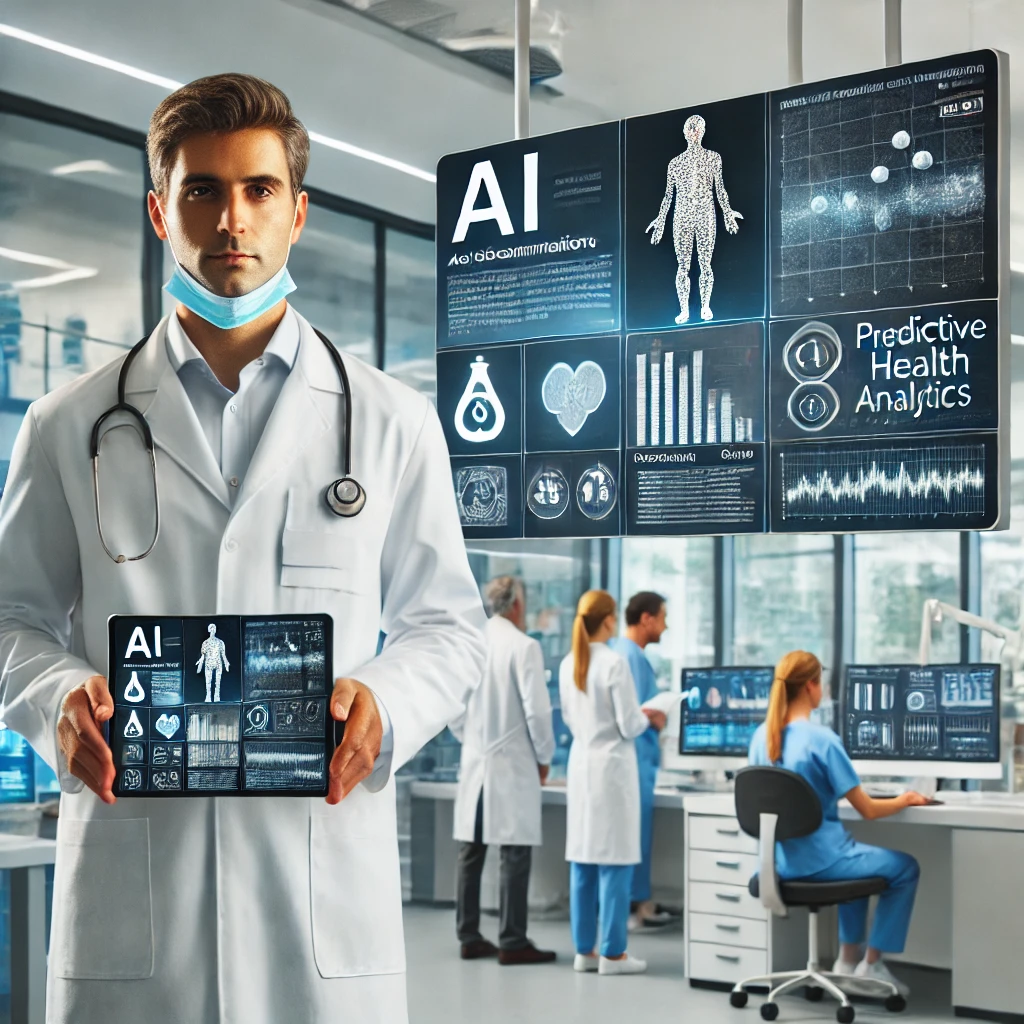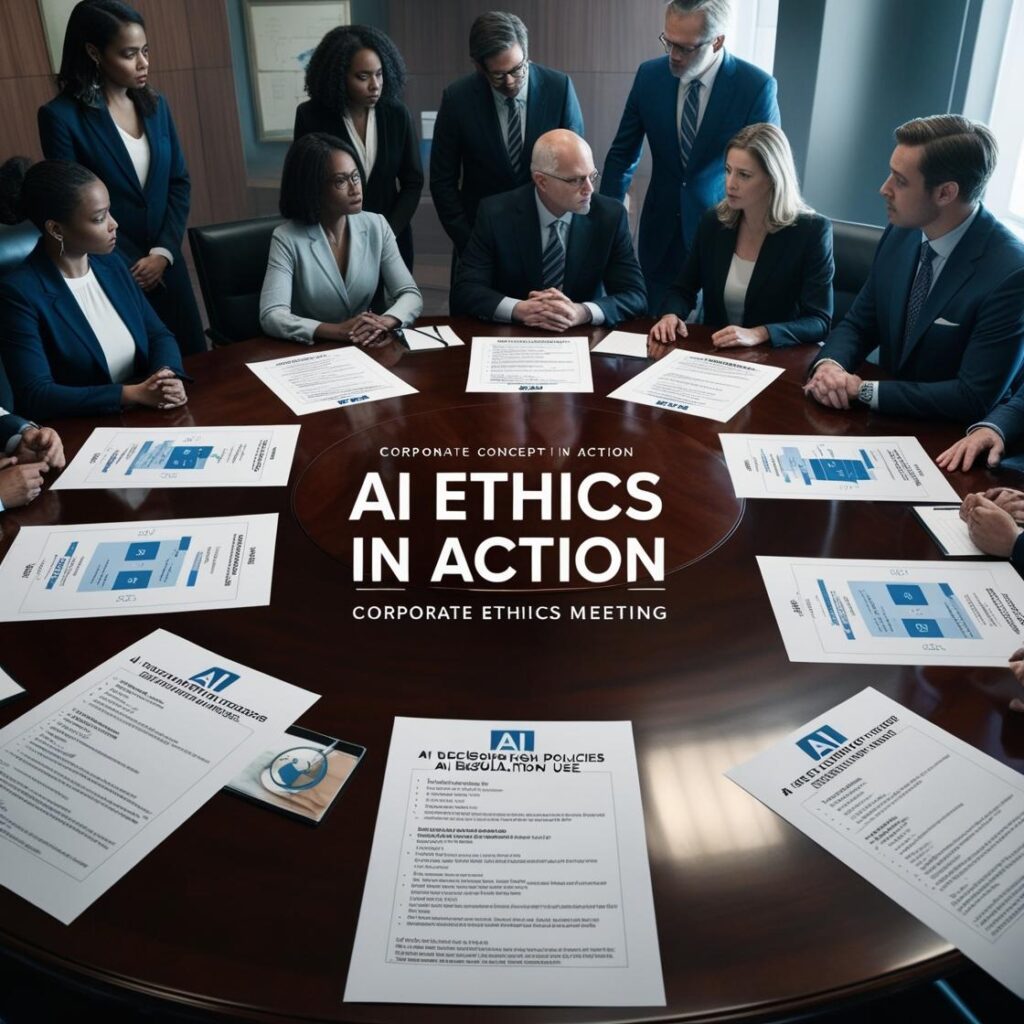I‘ve spent months researching and witnessing the emergence of what experts call “Agentic AI,” and I can’t shake the feeling that we’re standing at the edge of something extraordinary. This isn’t about AI that responds to prompts or generates pretty pictures. We’re talking about autonomous intelligent systems that take initiative, make decisions, and act on them, all while learning and adapting along the way.
What is Agentic AI?
Agentic AI is a type of artificial intelligence designed to operate autonomously. Unlike traditional AI, which relies on pre-programmed instructions and human intervention, Agentic AI systems can gather information, analyze it, and make decisions based on their own understanding. They can adapt to changing environments and improve their performance over time.
Think of it as a machine that can think for itself, learn from its environment, and evolve. Take your smartphone’s AI assistant for a moment. Sure, it’s helpful when you ask it to set a reminder or check the weather. But what if it could notice you’re running low on groceries, compare prices across stores, place an order, and arrange delivery … all before you even realize you need to restock? That’s the kind of proactive artificial intelligence we’re moving toward.
The year of Agentic AI, 2025 will see the rise of generative AI agents used to solve problems.
Alan Jacobson, chief data and analytics officer, Alteryx
Another example, a self-driving car. Traditional AI might follow a set of predefined rules to navigate the road. But Agentic AI goes a step further. It can learn from new scenarios, adjust its algorithms, and become a better driver with each passing day. It’s like having a robot that can learn from its mistakes and get smarter over time. This continuous learning process is what sets Agentic AI apart from its predecessors.
What makes Agentic AI technology so special is the combination of four key abilities that work together like a well-orchestrated symphony. These systems can perform intelligent environmental sensing (imagine having digital eyes and ears everywhere), make autonomous AI decisions (not just following a script), take independent machine action (no human hand-holding needed), and implement continuous machine learning (getting smarter by the day).
You might be thinking, “Sounds a lot like those AI content generators everyone’s talking about.” Not quite. While tools like DALL-E, Midjourney, Flux, ChatGPT, DeepSeek, Gemini, Claude and others are impressive at creating content, they’re essentially sophisticated responders: they wait for you to ask before they do anything. Agentic AI applications flip this dynamic on its head. It’s more like having a proactive AI partner who spots opportunities and challenges before you do and takes initiative to handle them.
Expect these AI agents to optimise tasks with ant-like efficiency, navigating challenges quickly and adapting in real-time.
Chris Royles, EMEA field CTO, Cloudera
The real magic happens when you see advanced AI implementation in action. In healthcare AI applications, it’s already helping doctors develop personalized AI treatment plans and accelerating the discovery of new medicines. Financial AI systems are using it to spot fraud in real-time – not just following rules, but adapting to new types of financial crimes as they emerge. Smart manufacturing facilities are becoming smarter, with AI systems that don’t just monitor equipment but predict exactly when and how it might fail, scheduling maintenance before problems occur.

Ai Generated
But here’s where things get interesting, and a bit complicated: with all this power comes some serious questions we need to tackle. What happens to jobs in the AI era? How do we ensure these systems make ethical AI decisions and don’t perpetuate existing biases? How much AI system autonomy is too much?
I’m not here to paint a utopian picture where artificial intelligence solutions solve all our problems, nor am I suggesting we should fear a robot takeover. The reality is somewhere in between. What I’m seeing is the beginning of a new kind of human-AI collaboration. Think of it like having a highly capable colleague who can handle complex tasks independently, freeing you to focus on what humans do best – creative thinking, emotional intelligence, and strategic decision-making.
In 2025, AI will transition from being mostly generalised to highly specialised. Industry-specific AI agents, trained on domain-specific data and designed for niche functions, will come to the forefront.
Brian Kohlmann, lead, marketing technology, Bader Rutter
The examples we’re seeing today are just the beginning. Legal AI applications are analyzing complex contracts in minutes instead of hours. AI-powered research laboratories are accelerating scientific discoveries by letting AI systems design and run experiments autonomously. Intelligent supply chains are becoming more resilient with AI systems that can predict and adapt to disruptions before they cause problems.
What fascinates me most is that’s happening now, quietly transforming industries while most of us are still debating whether AI can really understand human emotions. The AI revolution isn’t coming – it’s already here, weaving itself into the fabric of our daily lives.

Ai Generated
Agentic AI can never replace human intelligence but inspire it. The most impactful implementations create genuine partnerships between human insight and machine capability, like having a tool that not only knows how to use itself but can suggest smarter solutions you might not have considered.
As this technology evolves, it’s essential to shape its development responsibly, ensuring it serves humanity’s best interests, promotes equality, and creates opportunities for all. Thoughtful integration is key to maximizing its benefits while addressing potential risks.
The integration of Agentic AI represents a foundational change in our approach to technology. It’s not merely a tool to perform tasks but a partner that anticipates needs and drives innovation. The future of human-AI collaboration depends on our ability to harness these capabilities responsibly, ensuring that as we step into this new era, technology remains a force for good, fostering equality and creating opportunities for everyone. The revolution isn’t coming; it’s already reshaping our world, inviting us to rethink what’s possible.
Check out our annex article, “8 Hot Takes on Agentic AI: Understanding Its Impact and Future,” for quick insights. Click here to read now!
